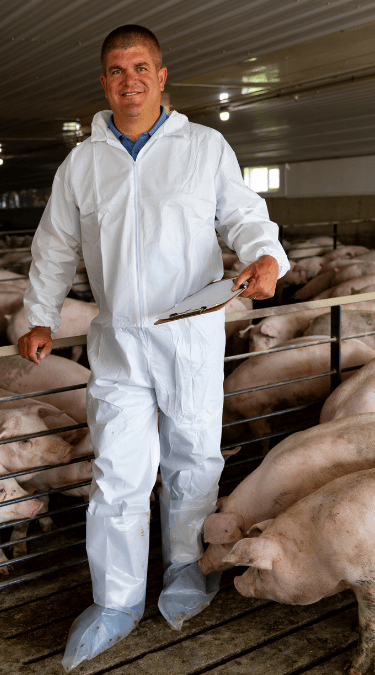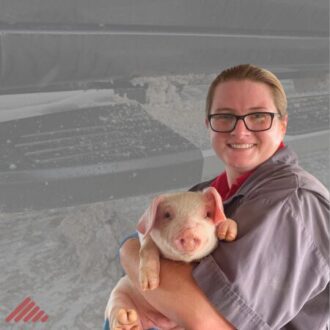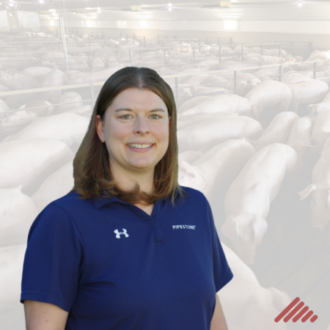Due to the abundant rainfall this Spring, Mother Nature has created optimal conditions for mosquito breeding. Adult mosquitoes, capable of traveling up to 3 miles from their breeding grounds, pose a threat by biting and potentially transmitting viruses. Additionally, mosquito bites on animals can leave blemishes on the hide of animals posing challenges at harvest sites. Effective mosquito control is crucial to safeguard both humans and pigs as we prepare for an active mosquito season.
A comprehensive mosquito control strategy should incorporate multiple approaches targeting all stages of the mosquito life cycle. Much of their development occurs in fresh, stagnant, or wastewater. Eliminating these environments is critical to reducing mosquito populations. Environmental action measures include:
- Ensuring proper site drainage.
- Reduce standing water sources e.g. old equipment, buckets, and feeders.
- Maintaining a well-kept premise free of weeds to minimize adult mosquito habitats.
- Ensuring effluent flows freely to prevent stagnant water accumulation.
Inside barns, minimizing mosquito populations can be achieved through effective strategies such as:
- Turning off outdoor lights at night to reduce attraction.
- Increasing airflow (CFMs) to prevent mosquitoes from settling; good ventilation improves air quality and reduces stagnant areas.
- Placing temporary lights inside barns near exhaust fans to draw mosquitoes away from animals, utilizing negative pressure to expel mosquitoes through the fans, and stir fans keeping circulation all are effective.
Chemical management using approved adulticides, larvicides, and fogging can effectively reduce adult populations.
- Only use chemicals approved for use against mosquitoes and strictly follow directions for use on the label. Recommended products for mosquito control include ULD BP 100, CYLENCE ULTRA, PROZAP LD, or SUPER II FARM SPRAY. Click here for product information. Connect with your Swine Resource Representative to learn more.
- Do not apply chemicals that are not registered for use on pigs to pigs, pig feed, or surfaces that pigs may contact.
Regular inspections are crucial to promptly identify and address potential mosquito breeding sites. For advice tailored to your specific barn and livestock needs, consult your Pipestone Veterinarian. By implementing a combination of strategies, we can effectively manage and minimize the mosquito population, enhancing the safety and comfort of both pigs and personnel.











